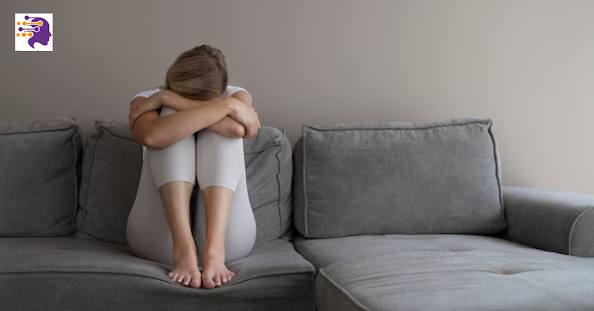Types of Anxiety Disorders and How to Recognize Them
Anxiety is a normal part of life, but when it becomes overwhelming or persistent, it could be a sign of an anxiety disorder. These mental health conditions can interfere with daily functioning, relationships, and overall well-being. Fortunately, with early recognition and the right support, anxiety disorders are manageable. If you or someone you know is struggling, professional help is available.
What Are Anxiety Disorders
Anxiety disorders are a group of mental health conditions characterized by excessive fear, worry, or nervousness. These feelings often occur without a clear cause and can affect one’s ability to function normally. There are several types of anxiety disorders, each with unique features and symptoms.
Common Types of Anxiety Disorders
1. Generalized Anxiety Disorder (GAD)
GAD involves chronic and excessive worry about everyday events. People with GAD may feel anxious most days and often struggle to control their worry.
Symptoms include:
Restlessness
Fatigue
Difficulty concentrating
Muscle tension
Irritability
Sleep disturbances
2. Panic Disorder
This disorder is marked by sudden and repeated episodes of intense fear, known as panic attacks. These can occur without warning and can be extremely distressing.
Common signs of a panic attack:
Rapid heartbeat
Sweating
Shortness of breath
Chest pain
Fear of losing control or dying
3. Social Anxiety Disorder
Also known as social phobia, this condition causes overwhelming anxiety and self-consciousness in social situations.
Key symptoms:
Fear of being judged or embarrassed
Avoidance of social interactions
Physical symptoms like blushing or trembling during social events
4. Specific Phobias
These are intense fears triggered by specific objects or situations such as heights, spiders, or flying. The fear is usually out of proportion to the actual danger.
5. Obsessive-Compulsive Disorder (OCD)
Though now considered a separate diagnosis, OCD often overlaps with anxiety disorders. It involves unwanted thoughts (obsessions) and repetitive behaviors (compulsions) to ease the anxiety.
Recognizing the Signs Early
Early detection of anxiety disorders is crucial for effective treatment. If you notice persistent fear, avoidance behaviors, or physical symptoms that interfere with daily life, it may be time to consult a mental health professional.
Anxiety Disorder Treatment in Indore
When it comes to anxiety disorder treatment in Indore, options may include:
Cognitive Behavioral Therapy (CBT): A proven talk therapy that helps patients identify and change negative thought patterns.
Medication: Antidepressants or anti-anxiety medications can help manage symptoms.
Lifestyle Changes: Regular exercise, a balanced diet, and stress management techniques can support overall mental health.
When to Seek Help
If anxiety starts affecting your relationships, work, or health, seeking professional support is essential. A trained psychiatrist in Indore can diagnose the condition accurately and recommend a personalized treatment plan. Anxiety disorders are more common than you might think, but they are also treatable. Understanding the different types of anxiety and recognizing the signs early can make a big difference. With the right care and support from mental health professionals, including experienced psychiatrists, you can regain control and improve your quality of life.



Comments
Post a Comment